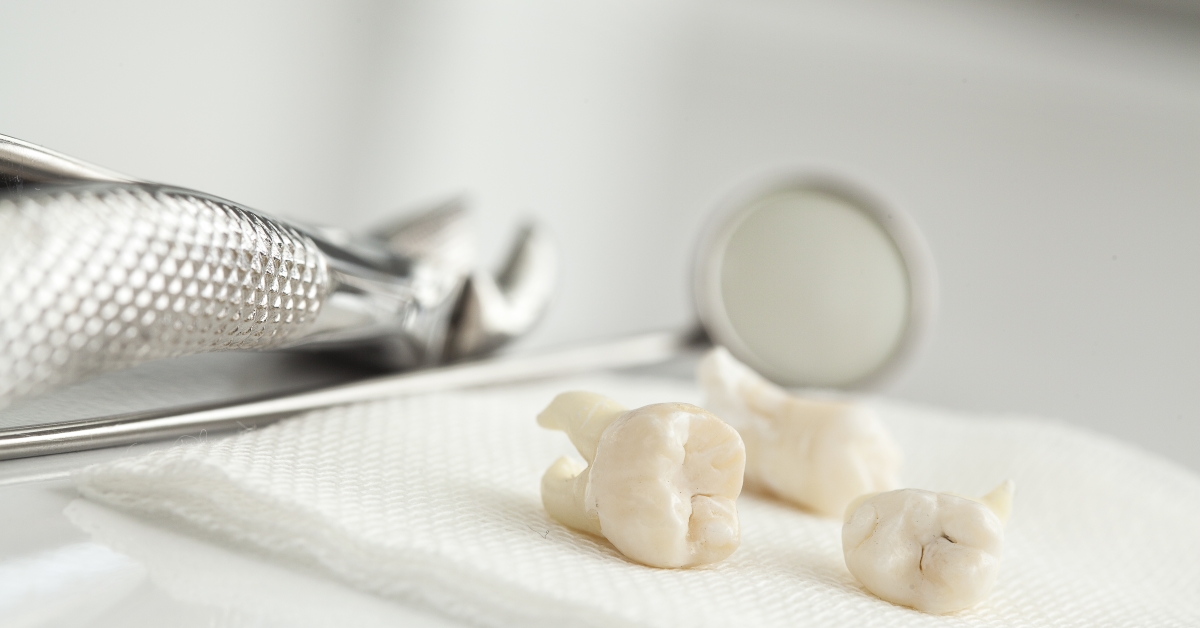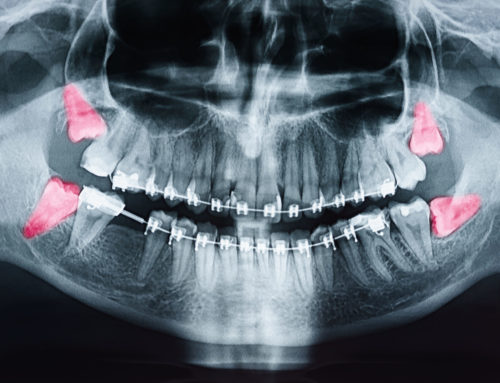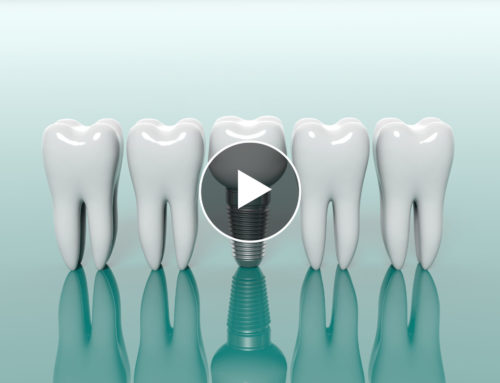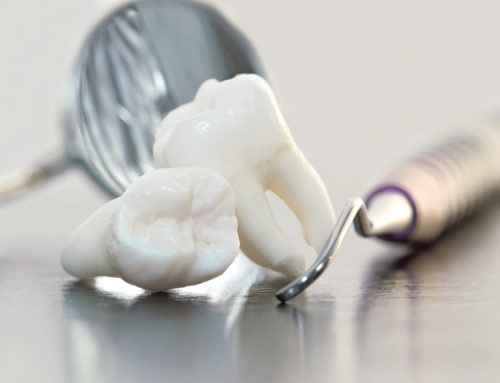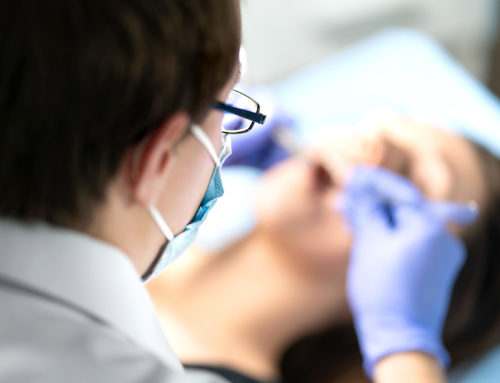Dental extractions refer to a category of oral procedures that involve pulling out or removing teeth from their dental socket. A dental practitioner will require this procedure when the diseased tooth poses a high risk of spreading bacteria and affecting other teeth.
In general, there are two types of dental extractions—simple and surgical. Here’s a detailed overview of each type:
·      Simple Extraction
Performed by general dentists, this type of extraction happens with a fully erupted and noticeably visible tooth in the mouth. An oral surgeon will perform a simple dental extraction for numerous reasons, such as removal of:
- A diseased tooth which can’t be treated with root canal
- Fractured tooth
- A tooth that has erupted fully coming through the gums
- A tooth that needs to be removed and replaced with more visually appealing dental implants
The procedure begins with the administration of local anesthesia. This helps numb the affected area and eliminate pain and discomfort. Thereafter, instruments like an elevator are used to loosen the affected tooth, while forceps help grasp and simply extract the tooth.
The recovery time after a simple tooth extraction is quick. It only takes a day to heal while you may have to use OTC medication to manage and control any minor pain or discomfort.
·      Surgical Extraction
A surgical dental extraction is more serious than a simple extraction. This dental procedure involves the removal of teeth that are not visible or fully erupted. You may need a surgical dental extraction when you have:
- Impacted and painful wisdom teeth
- A genetic condition
- Un-erupted teeth that require removal if you need to have braces or other oral procedures
This procedure is serious in nature as it involves cutting the gums for the extraction of teeth from below the gum line. It is mostly performed by oral surgeons in a dental hospital setting after administering general anesthetic. After a surgical dental extraction, you may have to take a day or two off from work or school for recovering.
Moreover, once the surgery is complete, aftercare is equally important. If you take proper care of your teeth, you will be able to speed up the healing process.
Some of the top surgical dental extraction aftercare tips include:
-
- Keep your head elevated when sleeping or resting to minimize bleeding.
- Dampen or change the gauze placed by the surgeon on the surgical site. This is important to lessen bleeding.
- Rinse your mouth 48 hours after the surgery with lukewarm saltwater.
- Start brushing after 24 hours of the surgery and keep your mouth clean.
- Take prescribed pain killers to minimize pain and adverse side effects.
- Eat soft foods.
- Consume food sources that are rich in protein as it facilitates the healing process.
Connect with the Best in Houston Oral Surgery
Whether you are suffering from diseased teeth or an impacted wisdom tooth, schedule an oral care appointment right away. After you’ve seen your regular dental practitioner, the oral surgeons of OMSH will assess and further determine the best course of action for dental extraction. Contact us today at 832-509-4505 for an initial consultation.

